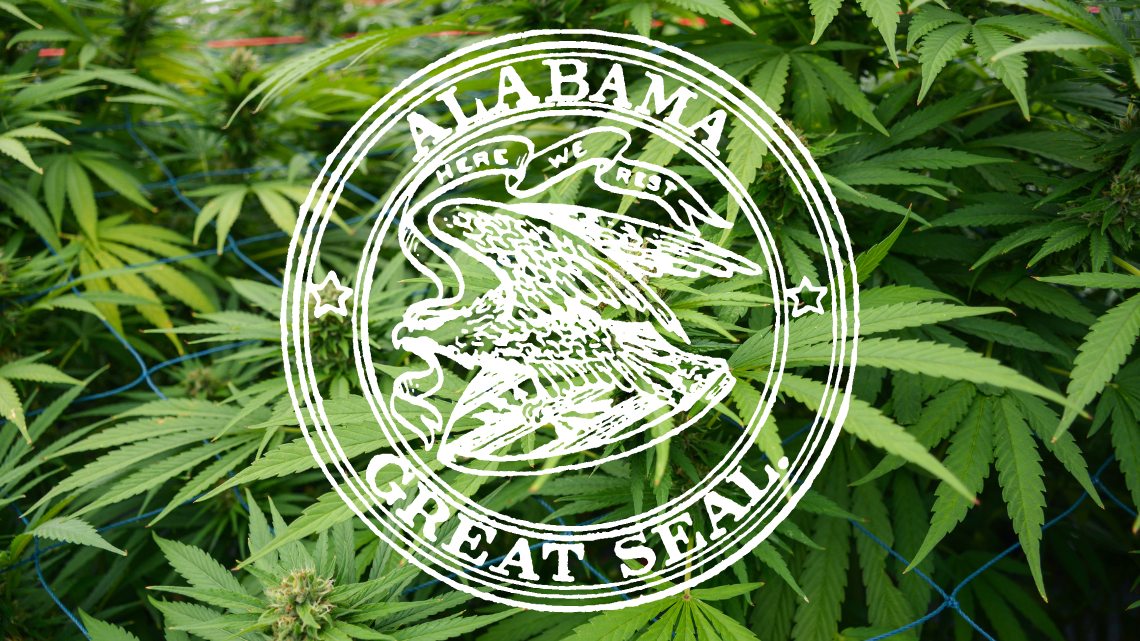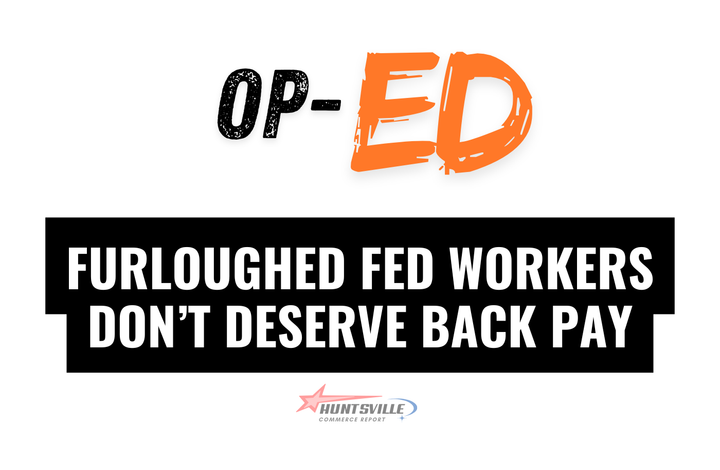Alabama CBD and THC Businesses Face Closure if HB445 Signed by Governor Ivey

MONTGOMERY, Ala. — May 9, 2025 — Alabama’s hemp-derived CBD and THC businesses are bracing for significant changes as House Bill 445 (HB445) awaits Governor Kay Ivey’s signature. Passed by the Alabama Legislature on May 7, 2025, the bill introduces strict regulations and taxes on consumable hemp products, raising concerns that many small CBD shops and THC retailers may be forced to close, impacting jobs and local economies.
What is HB445? Alabama’s Hemp Regulation Bill Explained
HB445 regulates the sale of hemp-derived products, including CBD gummies, THC edibles (Delta-8, Delta-9, Delta-10), vapes, and beverages. The bill places oversight under the Alabama Alcoholic Beverage Control (ABC) Board, requiring businesses to obtain licenses and comply with new restrictions. Key provisions include:
- A ban on smokable hemp products, such as hemp flower.
- A 10-milligram THC cap per serving for edibles.
- A prohibition on sales to individuals under 21.
- New taxes and fees, directed to a Consumable Hemp Product Compliance Fund.
- Requirements for in-state sourcing and standardized testing.
These measures aim to enhance consumer safety but have sparked debate about their economic impact on Alabama’s hemp industry.
Impact on Alabama CBD and THC Businesses
HB445 poses challenges for small businesses, particularly CBD shops and THC retailers across the state and in Huntsville. The Alabama Hemp and Vape Association estimates that hundreds of hemp businesses, employing thousands, could be affected. Licensing fees, compliance costs, and restrictions on popular products like hemp flower and high-potency edibles may strain small retailers operating on tight margins. Larger companies with more resources may be better positioned to adapt, potentially reshaping the market.
Economic and Social Concerns
The bill has drawn criticism for its potential to harm small businesses, including minority-owned enterprises. Critics argue that the financial burden of compliance could lead to closures, particularly for Black-owned CBD shops, reducing economic opportunities in underserved communities. Job losses in hemp retail, distribution, and related sectors are also a concern, as Alabama’s hemp industry has grown steadily since the 2018 Farm Bill legalized hemp.
Why Supporters Back HB445
Advocates for HB445 emphasize the need for regulation to ensure product safety and prevent access by minors. By placing hemp under the ABC Board’s oversight, the bill establishes standardized testing, labeling, and quality control, aligning hemp products with existing alcohol regulations. Supporters view these steps as essential for consumer protection in a rapidly growing industry.
Governor Ivey’s Decision: What’s Next?
Governor Kay Ivey is evaluating HB445, with a decision expected soon. If signed, the bill will take effect on January 1, 2026, giving businesses a short window to comply. A veto could lead lawmakers to propose a less restrictive framework. In the meantime, hemp business owners are exploring strategies like diversifying products or relocating to states with more favorable regulations.
What This Means for Consumers
HB445 could limit consumer access to certain hemp products, such as smokable hemp and high-potency edibles. Higher prices may result from increased taxes and compliance costs passed on by retailers. Some consumers may turn to online retailers or neighboring states with less restrictive hemp laws to meet their needs.
Sources: Legislative updates and public statements from Alabama officials.
Want to read Alabama HB445 for yourself? Go check it out here: https://alison.legislature.state.al.us/files/pdf/SearchableInstruments/2025RS/HB445-enr.pdf
Are you a user? Please go read about the health effects, risks, and side effects here: https://www.samhsa.gov/substance-use/learn/marijuana/risks
Related Keywords: Alabama HB445, CBD business Alabama, THC regulations Alabama, hemp industry Alabama, Governor Kay Ivey hemp bill, Alabama CBD shop closures



